Our Scientific Advisory Committee
Our Scientific Advisory Committee consists of scientists and experts across the globe who set the standards for land purchase applications and identify urgent and well-designed habitat-preservation projects.
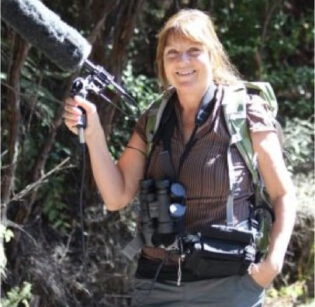
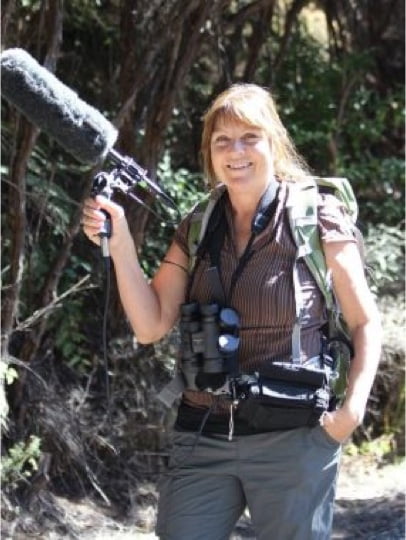
Dianne Brunton
Professor Dianne Brunton is a behavioral ecologist and has published widely in the fields of behavioral ecology and conservation. She received her PhD at the University of Michigan and completed a postdoc at Yale University before returning to her native New Zealand. Prof.
Brunton is a senior scientist in conservation biology and behavioural in the School of Natural Sciences at Massey University in Auckland. With long-term interests in the application of theory to conservation practice, Prof. Brunton also chairs the Auckland Zoo Conservation Fund and is a member of expert panels for several national funding agencies.
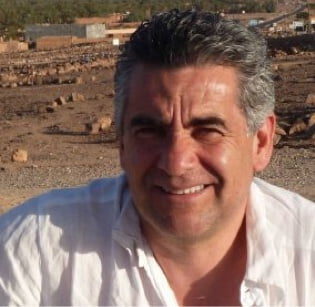

Dr. Gerardo Ceballos
Dr. Gerardo Ceballos is a professor of ecology and conservation at the National Autonomous University of Mexico. Beginning with research on prairie dogs, he emerged as an international leader in the field of conservation biology. Ceballos led the first scientific group to publish distribution patterns for all five thousand mammals in the world. He also initiated the establishment of the first trust for land conservation in Mexico and is presently leading efforts to create an ecological corridor for jaguars in the country. He was recently named as a finalist for the prestigious Indianapolis Prize for animal conservation.
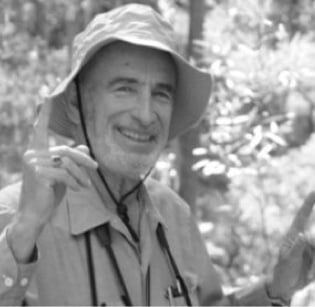

Paul R. Ehrlich
Paul R. Ehrlich has been a household name since the publication of his 1968 bestseller, The Population Bomb. He is Bing Professor of Population Studies Emeritus and president of the Center for Conservation Biology at Stanford University. Ehrlich is a member of the National Academy of Sciences and a recipient of the Crafoord Prize (an explicit substitute for the Nobel Prize in fields of science where the latter is not given), the Blue Planet Prize and numerous other international honours. He investigates a wide range of topics in population biology, ecology, evolution, and human ecology and evolution. Much of his current efforts are focused on the mechanisms of human cultural evolution and ways of directing that evolution to ameliorate the human predicament.
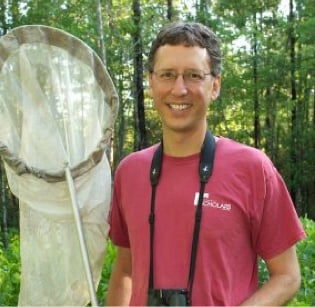

Dr. Nick Haddad
Dr. Nick Haddad is the William Neal Reynolds Distinguished Professor of Applied Ecology at North Carolina State University. His degrees include a BS in biological sciences from Stanford University and a PhD in ecology from the University of Georgia. Haddad’s research focuses on conservation in fragmented landscapes, and in particular on the role of corridors in restoring ecosystems. He also studies the world’s rarest butterflies and works for their conservation. Haddad is the director of graduate programmes in zoology at NC State and serves as a member of the board of directors of The Nature Conservancy–North Carolina Chapter.
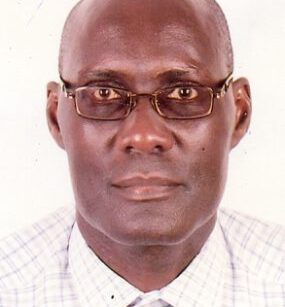
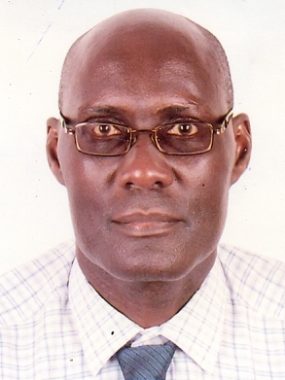
David Mutekanga
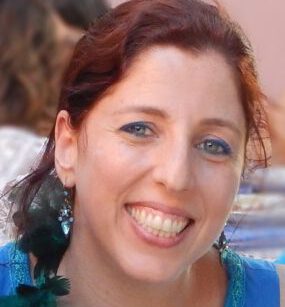
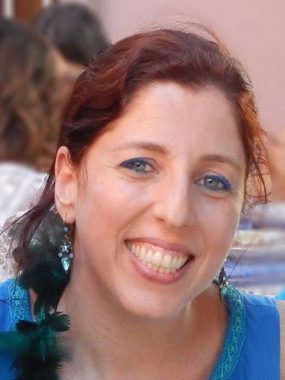
Simone Oigman-Pszczol
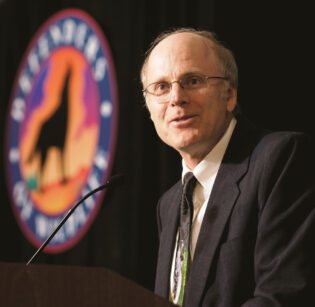
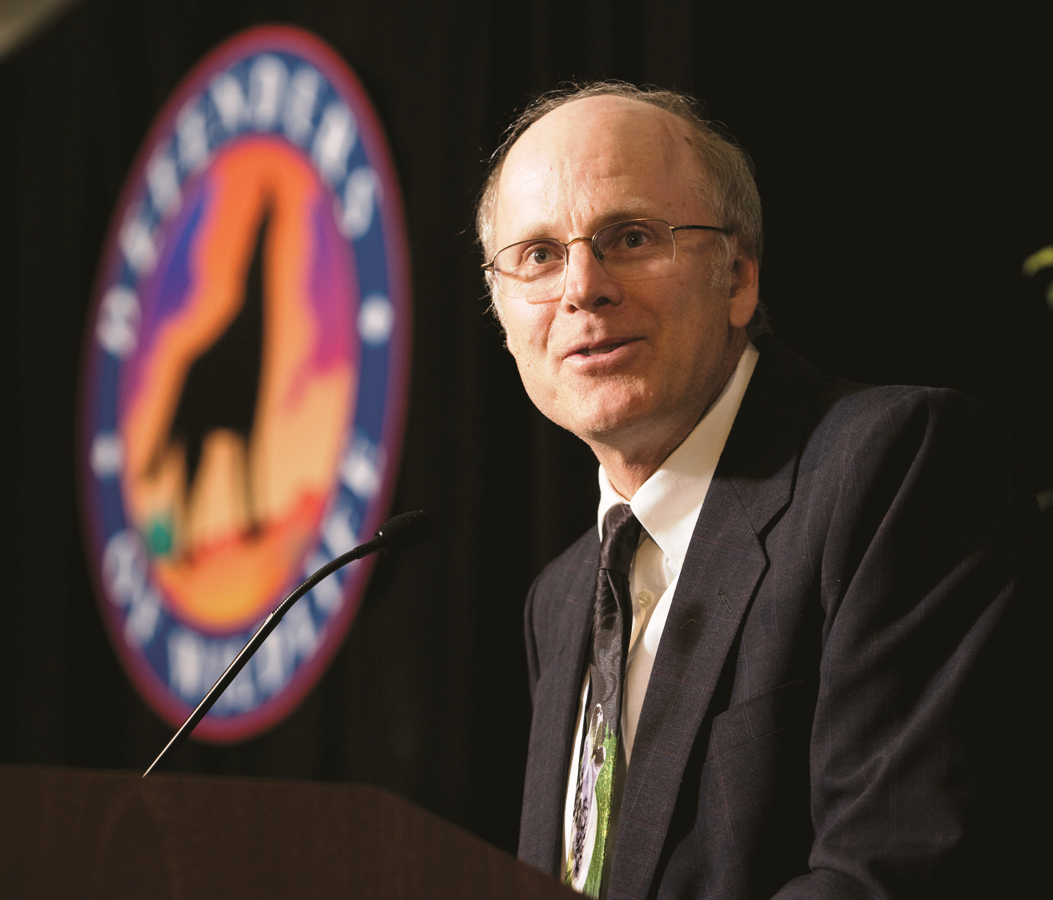
William (Bill) Ripple
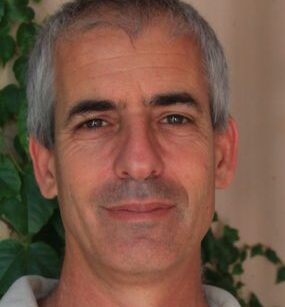
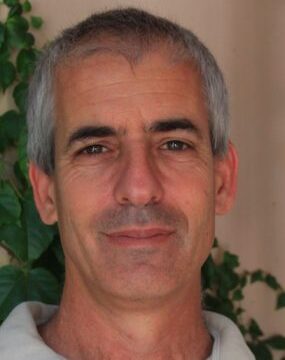
Uri Shanas
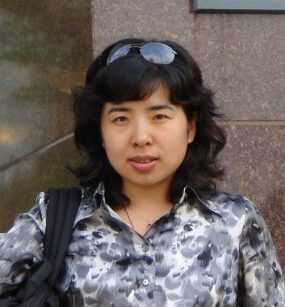
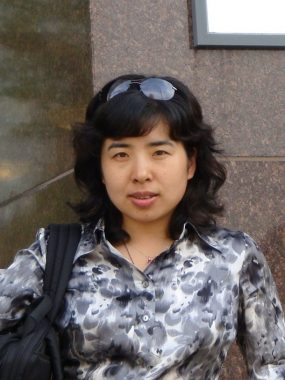
Jian Wu
